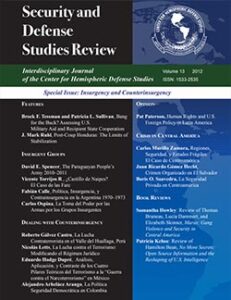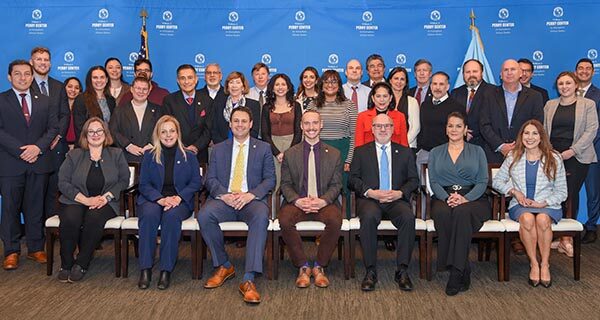Does US military aid buy recipient state compliance? In this study, we systematically investigate the effects of U.S. military assistance on recipient state behavior toward the United States. We present and test three different models—Arms for Influence, Lonely Superpower, and Reverse Leverage—that might capture the relationship between military aid and recipient state cooperation. Using innovative events data that measure cooperation between the United States and recipient states between 1990 and 2004, we test seven hypotheses using a combination of simultaneous equation, cross-sectional time series, and Heckman selection models. We find, with limited exceptions, support for the Reverse Leverage model: increasing levels of US military aid significantly reduce cooperative foreign policy behavior with the United States. U.S. reaction to recipient state behavior is also counterintuitive; our results show that recipient state cooperation is likely to lead to subsequent reductions in US military assistance, rather than proving the theory of success based on a carrot and stick approach.










